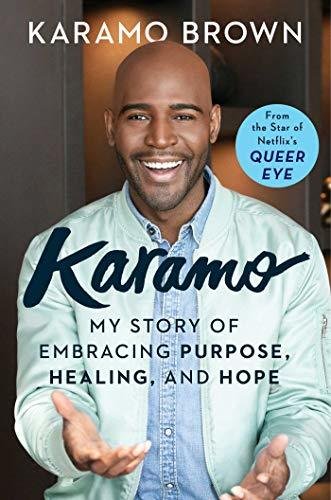Karamo
Summary:
When Karamo Brown first auditioned for the casting directors of Netflix’s Queer Eye, he knew he wouldn’t win the role of culture expert by discussing art and theater. Instead he decided to redefine what ‘culture’ could — and should — mean for the show. He took a risk and declared, ‘I am culture.’
Karamo believes that culture is so much more than art museums and the ballet — it’s how people feel about themselves and others, how they relate to the world around them, and how their shared labels, burdens, and experiences affect their daily lives in ways both subtle and profound. Seen through this lens, Karamo is culture: His family is Jamaican and Cuban; he was raised in the South in predominantly white neighborhoods and attended a HBCU (Historically Black College/University); he was trained as a social worker and psychotherapist; he overcame personal issues of colorism, physical and emotional abuse, alcohol and drug addiction, and public infamy; he is a proud and dedicated gay single father of two boys, one biological and one adopted. It is by discussing deep subjects like these, he feels, that the makeovers on the show can attain their full, lasting meaning. Styling your hair is important, but so is figuring out why you haven’t done so in 20 years!
In this eye-opening and moving memoir, Karamo reflects on his lifelong education. It comprises every adversity he has overcome, as well as the lessons he has learned along the way. It is only by exploring our difficulties and having the hard conversations—with ourselves and one another—that we are able to adjust our mind-sets, heal emotionally, and move forward to live our best lives. Karamo shows us the way. (Summary and cover courtesy of goodreads.com)
Review:
Like many I absolutely love “Queer Eye” and was keen to read Karamo’s memoir given how insightful and thoughtful he is in the show. I knew that he had come from a very tough background and had a long transition to the man that he is today. That being said, I didn’t know the full story about “Big Brother” and the oversexualized chaos that followed.
I struggled with the book because as much as I wanted to root for Karamo, his approach to sharing the hardships was quite off-putting. For example, there seemed to be a lot of actions without consequences. And for someone who is known for helping people through crucial moments in life by coming to terms with their choices - and accepting them – it seemed a little inconsistent. The last piece that I struggled with is the deep dive about his relationship with his (now) ex-fiance. We had a lovely overview of their relationship, romantic engagement and then POOF! gone. If you had the chance to read the book immediately when it came out, I think the book would have felt more relevant and I could have glossed over a bit more. As it is now, I’d probably give this one a skip as it felt it jumped around a lot and was without the ability to apply some of the Queer Eye insights I was hoping for.
Rating: 2 stars!
Who should read it? Fans of queer eye really devoted to learning more behind the scenes details!


